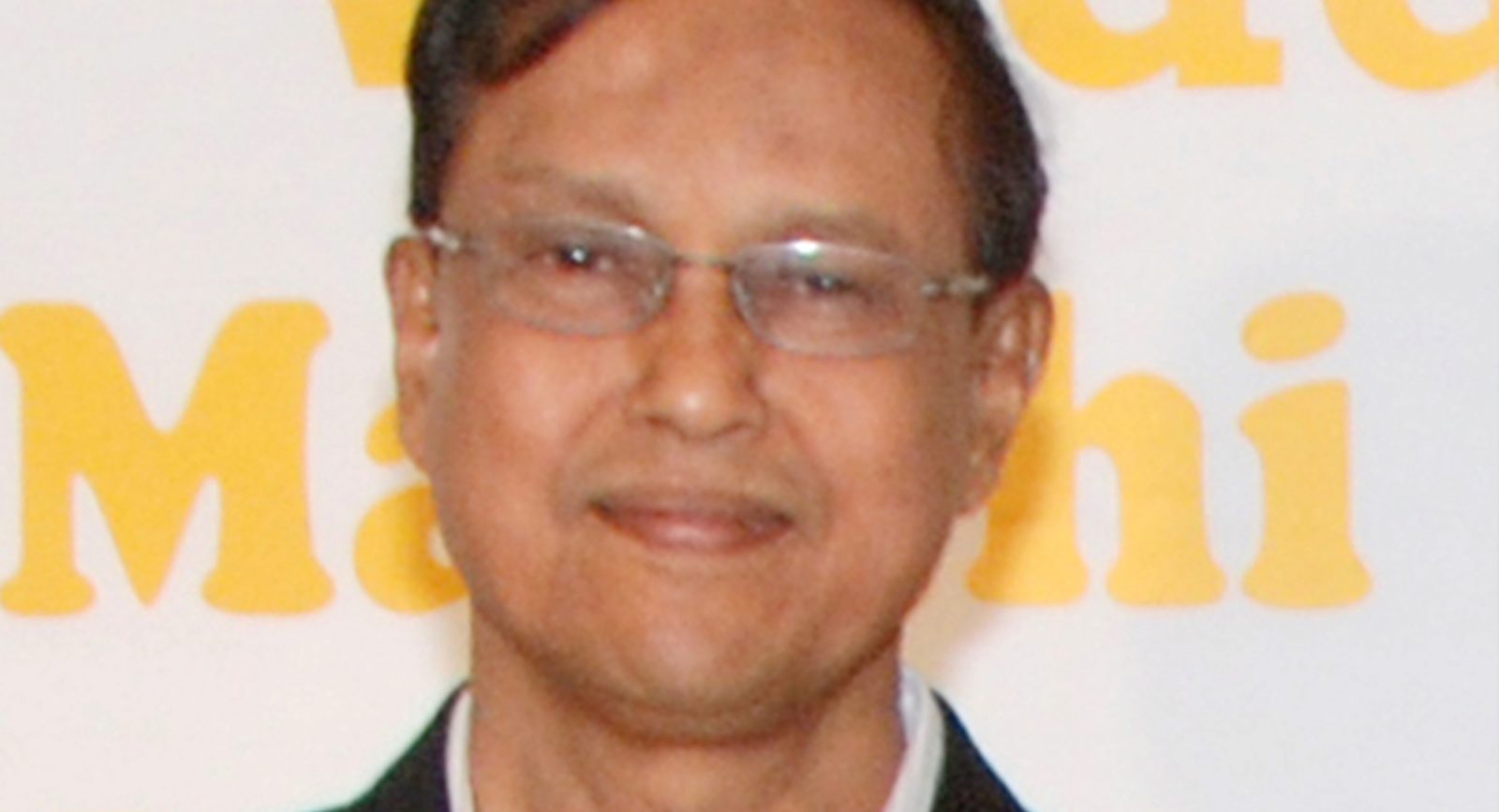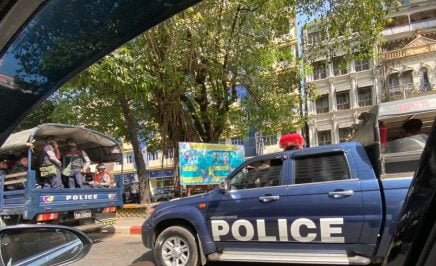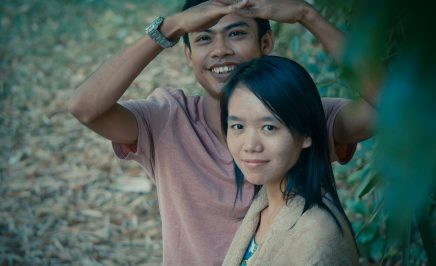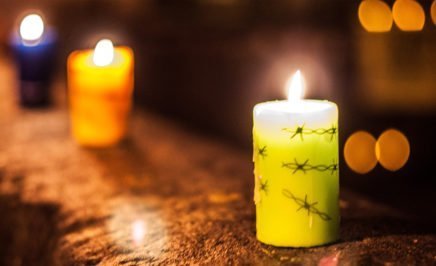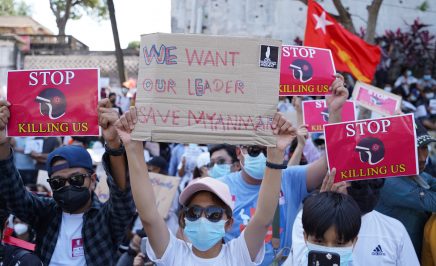Dr Tun Aung, a Muslim community leader and medical doctor imprisoned for trying to prevent communal violence, was released from jail on 19 January in Myanmar.
What happened?
In June 2012 Dr Tun Aung was arrested after trying to calm the crowd during a riot involving Buddhists and Rohingya in Western Myanmar’s Rakhine State. Independent accounts of Dr Tun Aung’s activities on the day of the riots suggest that he tried to defuse the tension and did not play any role in the violence.
Despite initially being sentenced to eight years in prison, Dr Tun Aung was further charged with possession of a small amount of foreign currency and sentenced to additional three years in prison. In April 2013, following an appeal by the prosecution, his sentence was increased from 11 to 17 years.
Despite initially being sentenced to eight years in prison, Dr Tun Aung was further charged with possession of a small amount of foreign currency and sentenced to additional three years in prison.
In December 2013 Dr Tun Aung was granted a nine-year reduction to his sentence as a result of a Presidential pardon and a further one-year reduction following a Presidential order on 20 January 2014.
Dr. Tun Aung will be reunited with his family soon.
Human rights in Myanmar
Despite some positive moves in the last few years, including the release of several hundred prisoners since 2011 and some encouraging amendments to the law, human rights abuses are still ongoing in Myanmar.
Many prisoners of conscience remain in jail and violence between Rohingya and Buddhists continues to exist. Despite credible eyewitness reports of security forces being involved in the violence, or allowing it to happen, no state official has yet been held to account.
Many prisoners of conscience remain in jail and violence between Rohingya and Buddhists continues to exist.
Myanmar’s treatment of the Rohingya people, an ethnic minority rejected by their government and left stateless, is shocking. The Burma Citizenship Law denies their rights to a nationality – removing their freedom of movement, access to education and services, and allowing arbitrary confiscation of property. Without identification and or rights, many Rohingya people become refugees.
How did Amnesty respond?
As soon as Amnesty heard about Dr Tun Aung’s case we reacted immediately. An Urgent Action was issued and activists from all over the world responded. Hundreds of letters were sent to the authorities in Myanmar by our supporters, demanding his immediate and unconditional release.Dr Tun Aung’s case featured in our 2013 Write for Rights campaign. In Australia alone, over 2,000 actions were taken on behalf of his case, and a whopping 122,144 actions were taken globally.
What next?
Dr Tun Aung was conditionally released in January 2015. He recently penned a letter of thanks to Amnesty supporters around the world:
“Greetings to all of Amnesty International, including its executives, members and supporters. I am overwhelmed by all the support and activities done by Amnesty to secure my release. I am also very grateful for Amnesty’s continuing support and assistance.
I have been following Amnesty’s work for decades. I first came to know about it for its fight on the release of political prisoners of Cuba. In those days, it was almost impossible to accomplish such feats.
Letters written by Amnesty International activists, supporters and members and delivered to Dr Tun Aung’s family in 2013 © Amnesty International / Abigail O’HanlonWhen I was arbitrarily arrested and sentenced, Amnesty was the first organization I thought of and I hoped in some way it will work for my release. When I first met the UN Special Rapporteur for Human Rights situation in Myanmar, Mr. Tomás Ojea Quintana, I mentioned Amnesty to him.
Later, in Sittwe and in Insein central prisons, I started receiving some letters from Amnesty International members. It was the first flicker of light in my dark days. I truly believed Amnesty will do all it can for my release. Only after my release, I was amazed to know the magnitude of Amnesty’s work for my release.
I felt privileged to be part of the global letter-writing campaign in 2013-2014. All those activities are beyond my wildest imagination. The extent of the campaign and hundreds of personal letters written to me and my family made me very emotional and humbled.
I owe so much to those who have bestowed such unbelievable care and support towards me and my family. I sincerely support your continuing efforts in freeing other prisoners of conscience and wrongfully imprisoned individuals across the world.
God bless all who work to relieve the suffering of the downtrodden and bless those who are fighting for justice in this world.”
Although we’re thrilled by the release of Dr Tun Aung, there is still a risk he could be arrested and imprisoned again. The Myanmar authorities must lift all restrictions on him and ensure that he is free to peacefully exercise his human rights without threat of arrest or criminalisation.
Authorities should also free the dozens of other prisoners of conscience still languishing behind bars in Myanmar.
